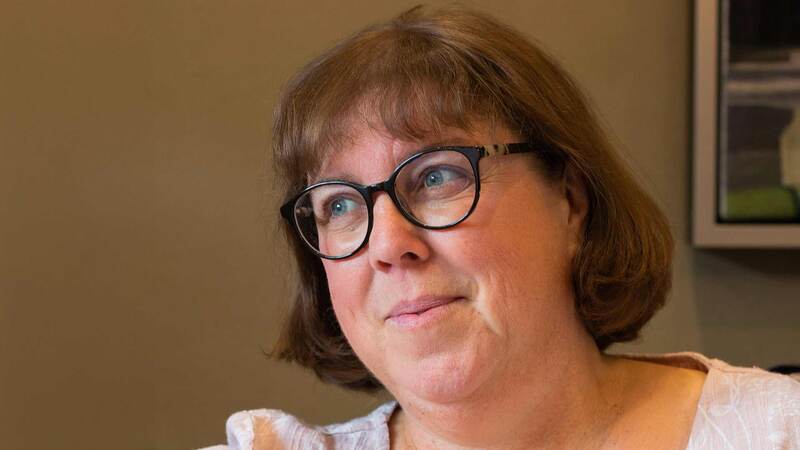You are viewing your 1 free article this month. Login to read more articles.
Pullman and Morris join New Welsh Review crowdfunder
Philip Pullman and Jackie Morris have donated to a £14,000 crowdfunding campaign for the New Welsh Review after the literary magazine saw its funding slashed by 20% last year.
The publication, which has run for over 30 years, suffered a £5,000 cut in funding by the Books Council of Wales in 2019, alongside an £11,000 reduction from its academic host, Aberystwyth University, which helps fund the New Welsh Writing Awards.
An online fundraiser has now been launched to make up the shortfall, with around £3,000 pledged in the first few days.
Owner Gwen Davies told The Bookseller: “This is the first time that New Welsh Review has ventured into this income stream. It is a last-resort measure, as we have spent the year exploring alternative avenues including universities, philanthropists and our local council’s digital/cultural business fund.”
She added: “Our campaign makes the case for continued belief in a long shelf-life for literature and books, in this our caffeine-fuelled world of click-bait. New Welsh Review works at many levels, but whether we are talking about the magazine editions; our bijou book imprint, New Welsh Rarebyte; our writing competition, New Welsh Writing Awards, or the kind of elegant filmic book trailers we have produced while mentoring disadvantaged students, our work is meant to last.”
Rewards for joining the crowdfunder range from a workshop on the poetry of flight in Aberystwyth with Matthew Francis to the opportunity to be a bookseller for a day at Griffin Books in Penarth.
The magazine has around 1,250 readers who mainly live in Wales, with around 40% of them working in the creative arts. Over the years it has featured emerging writers including Crystal Jeans, Eluned Gramich, Mari Ellis Dunning and Alys Conran.
Davies said: “While we are grateful to be currently in receipt of core funding from the Books Council of Wales, and project funding from Aberystwyth and Swansea universities as well as from an individual donor, we will nonetheless be unsustainable by summer 2020 unless we bridge this shortfall while we get ourselves onto an even keel.”

















